For centuries agriculture remained the centrepiece of our sustenance, our economies, and for the millions of lives across the globe. However, all of it is about to change. Over the last few decades, farming productivity has gone down by 21%, soil health has been degrading at an alarming pace, world population has doubled from 3 billion to 7.5 billion and is set to touch 10 billion by 2050. Of the 570 million farms worldwide, 470 million farms are owned by smallholders who continue to live on marginal income.

Agriculture is responsible for 70% of freshwater withdrawals across the globe (Source: McKinsey)
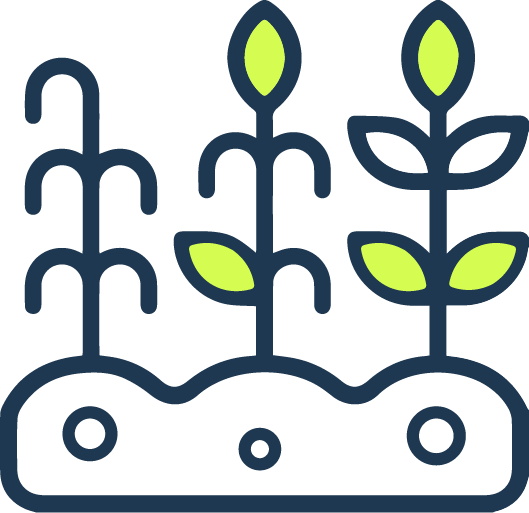
Due to natural disasters, developing economies recorded over 108 billion USD in damaged or lost crop and livestock production
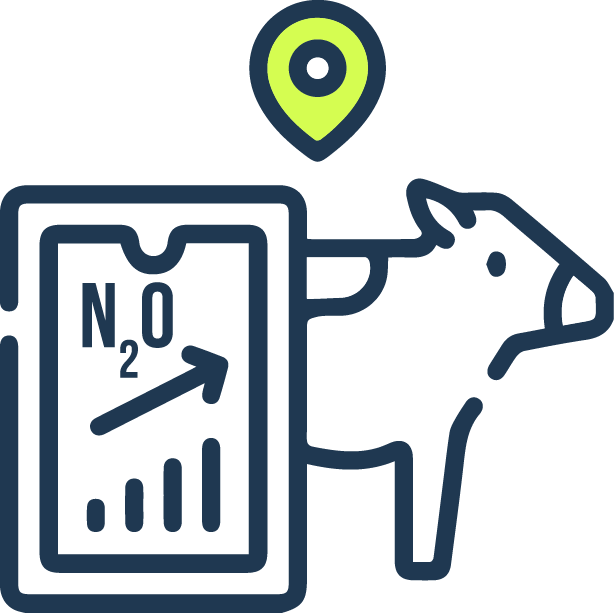
Agriculture including animal husbandry contribute to 45% of CH4 & 80% of N2O emissions
(Source: McKinsey)
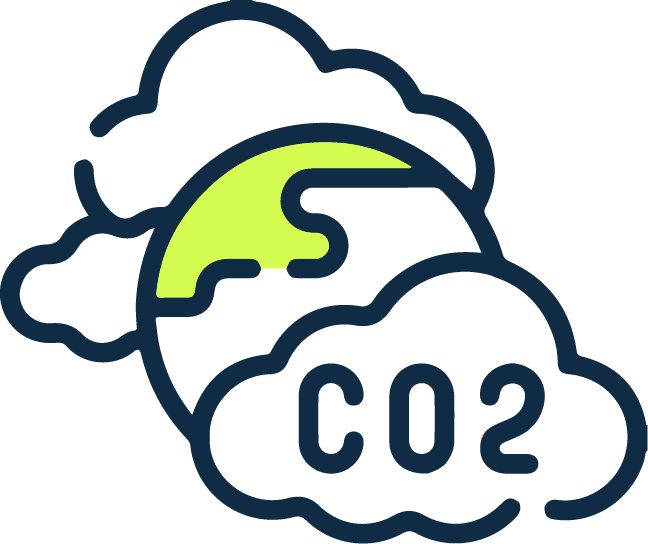
Agriculture accounts for 20% of the world's GHG emissions
(Source: McKinsey)

40% of the Earth’s terrestrial land mass (non ice) is under agriculture
(Source: FAO)
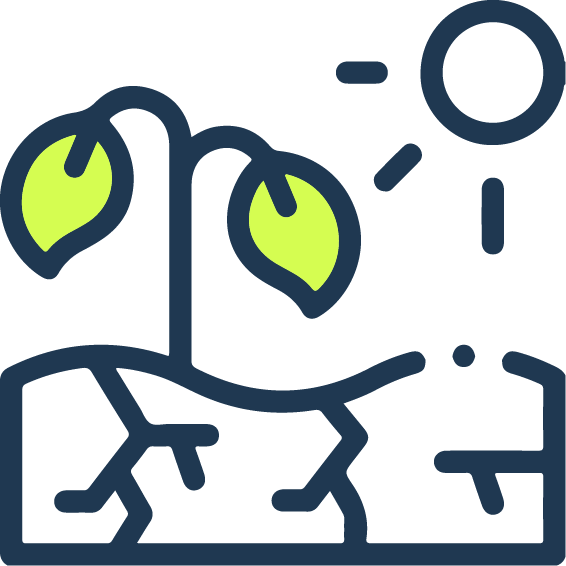
1/3rd of the world's soil is moderately or highly degraded
We work with each & every stakeholder to deliver sustainable outcomes through our cutting-edge crop protection & nutrition solutions, tech interventions, capacity-building efforts, risk cover solutions, public health solutions, and more to make agriculture self-sufficient, profitable, and predictable for all.
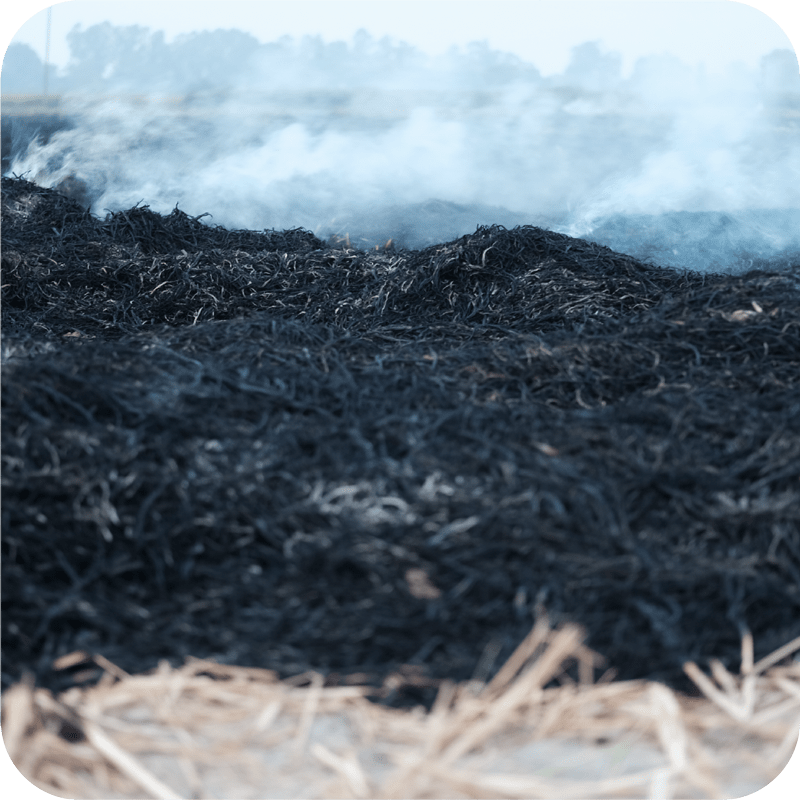
Our Soil Wellness programs comprise sustainability practices to help mitigate stubble burning, nutrition recommendations, and water usage optimisation that impact soil health and fertility, improve yields, reduce GHG emissions, and help improve SOC content in the soil.
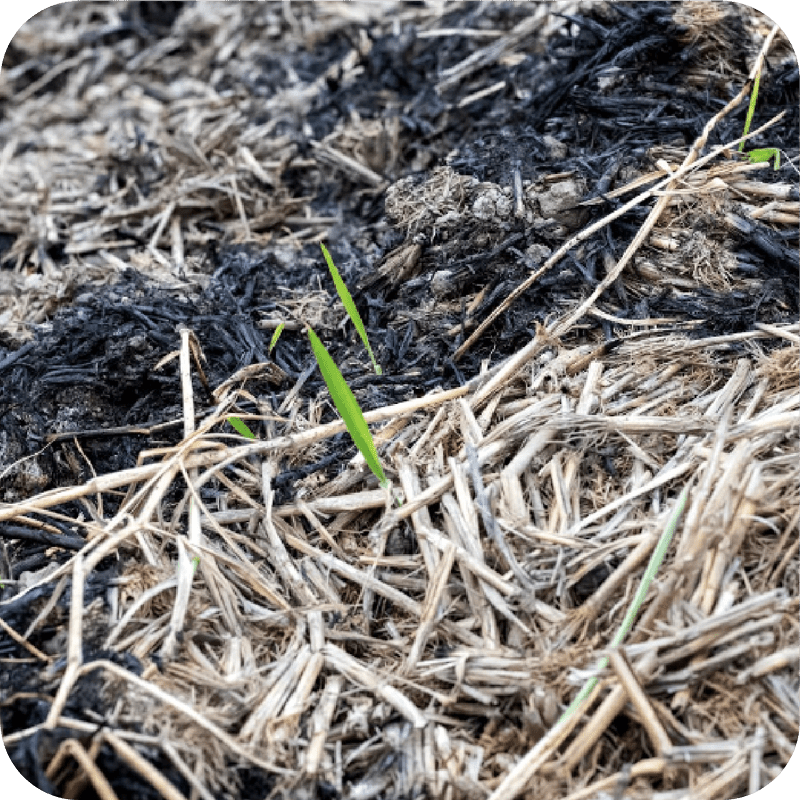
Our Sustainability Practice Initiative focuses on driving SRPs within the paddy farming community by leveraging AWD/DSR techniques. By implementing these practices, we have delivered better yield quality of rice, shorter crop cycles, reduced water consumption, mitigated methane emissions, and improved soil health across multiple states. We aim to touch 50% of rice cultivators across India in the next five years.
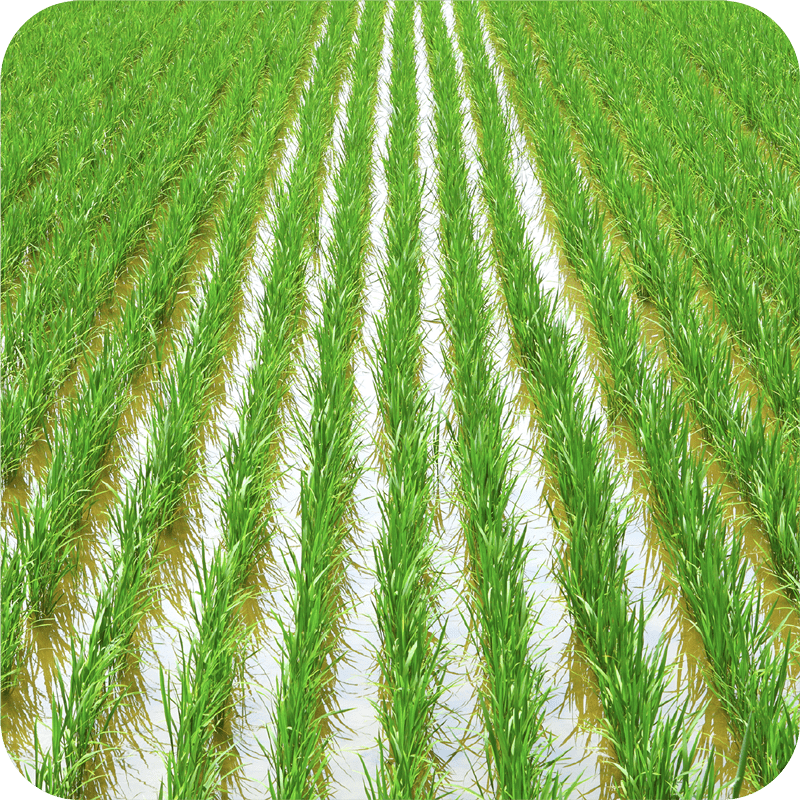
We implement & scale sustainability projects to mitigate GHG emissions & generate carbon credits through them. Through our carbon platform we offer enterprises, government and other large institutions to co-develop these projects or buy verified & accredited carbon credits from us to offset their emissions.
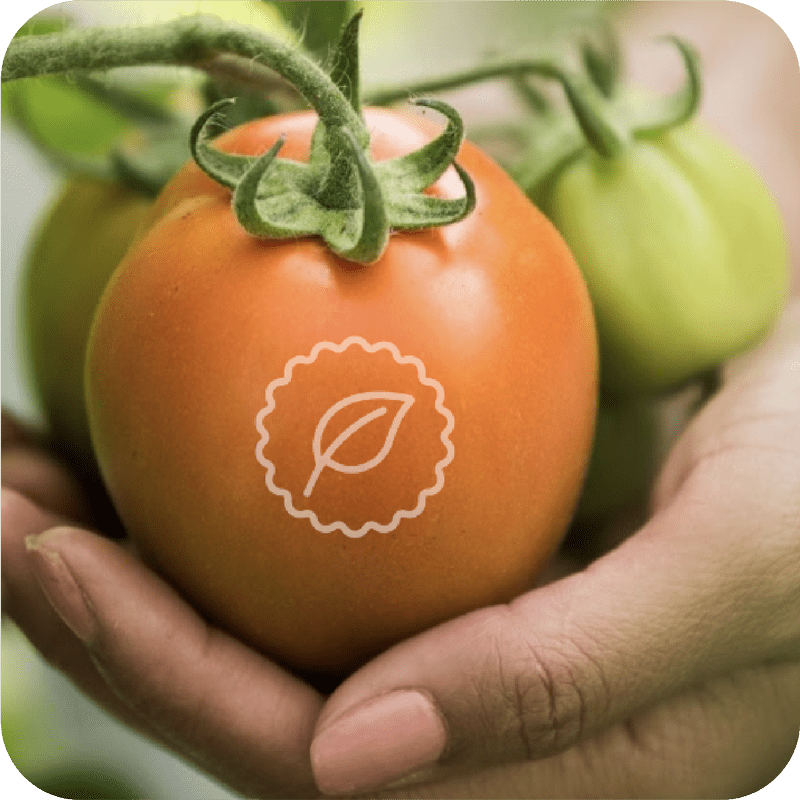
The label is a mark of trust, transparency, and sustainability.
Our Green label is a step towards building a community of farmers, growers, cultivators, and enterprises dedicated to growing responsibly, delivering quality produce, sourcing responsibly and reducing scope 3 emissions.
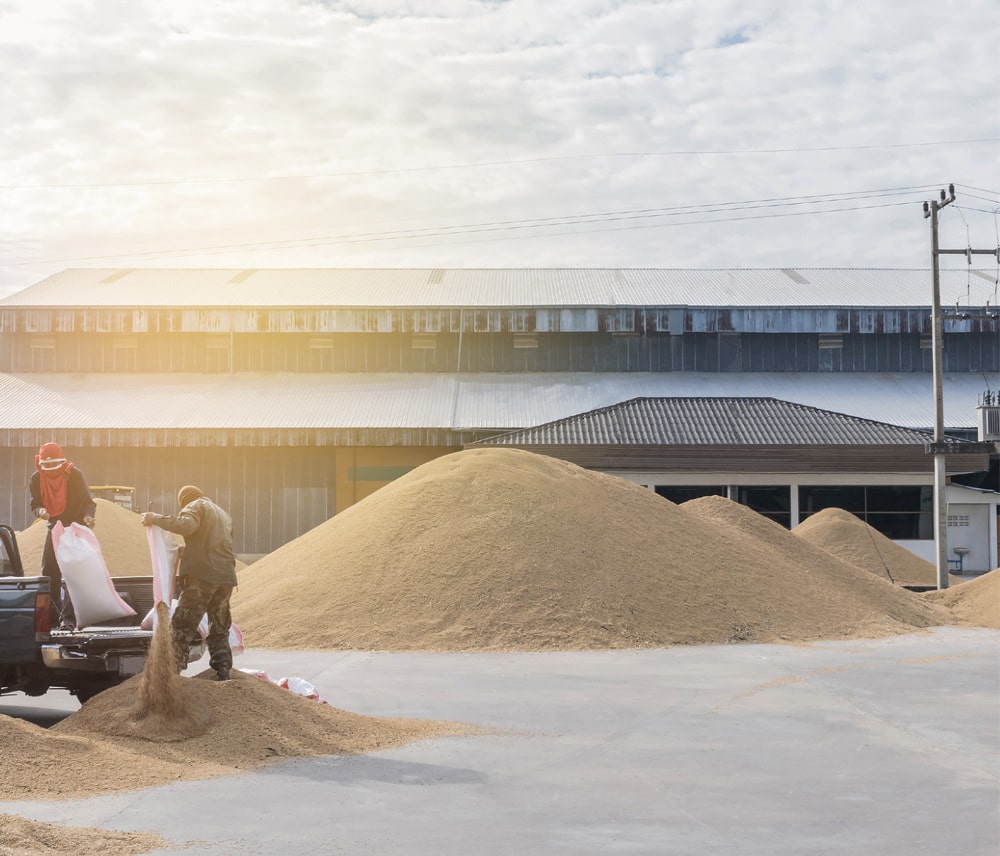
We work with Development Agencies & Government organisations at the grassroot level to propagate climate smart farming practices, build farmer resilience, and drive financial inclusion.
Our Services:
• Farm mechanisation
• Insurance
• Supply chain sustainability
• Capacity building
• Project development & implementation
• Farmer training & advisory
• Crop residue management
• Curate programs to improve soil wellness
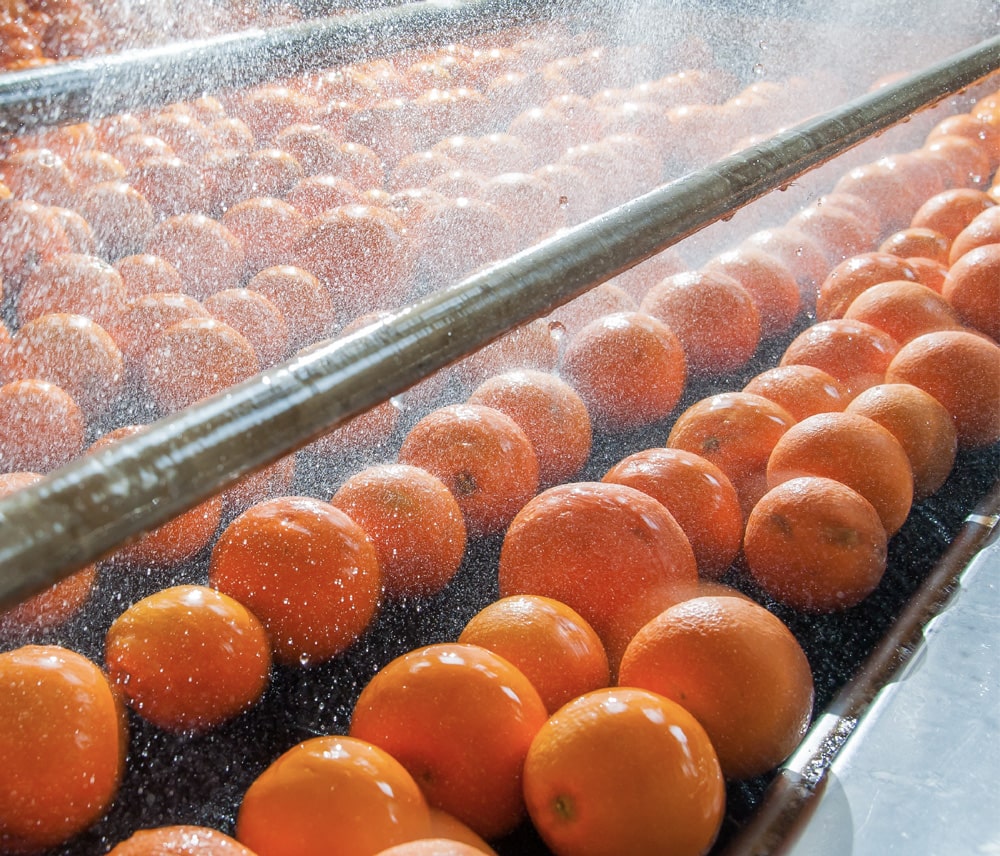
We work with CPG & Contract farming companies to help them deliver quality produce, meet certification standards, grow & source sustainably, and reduce their scope 3 emissions.
Our Services:
• Sustainable sourcing
• Bulk procurement of produce
• Implementation off crop specific sustainability programs for rice, wheat, sugarcane etc
• Quality produce that meets the certification standards
• Supply chain traceability
• Generation of certified carbon credits
• Insurance
• Fair value for buyers & growers
The Sustainable Rice Paradox: India is the second largest producer and consumer of rice in the world after China and accounts for 21 percent of the world’s total rice production.
Key Challenges:
Sugarcane, like paddy is a water intensive crop. Farmers use flood or furrow irrigation methods which consumes a lot of water. The excess water leaches below the root zone along with the fertilizer & chemical inputs, which increases the cost of cultivation. The farmer is not aware of the best cultivation and preventive pest & Disease management practices, hence the yield of most of the farmers is less than 40t/acre.
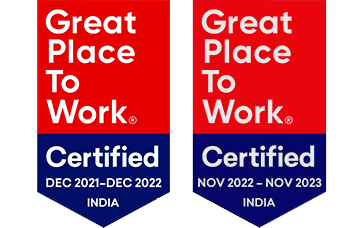


Welcome to Spring. Your registration for Spring has been confirmed. An email with joining details for this event will be sent to you soon. Don’t forget to check out and participate in the Design Challenge. We look forward to meeting you soon!

Come join us on March 26, 2022 to learn how design and research can play a role in transforming agriculture globally and bring human-centered experiences to the agricultural community.